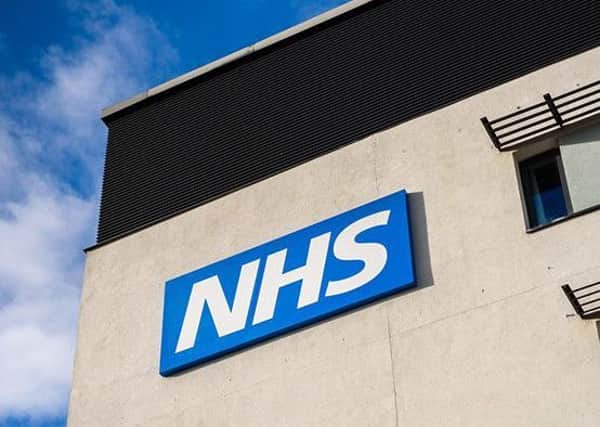NHS Lothian paid out almost £33m for medical mistakes


Figures released today show that it ranked second, paying £32,886,208 to patients in the past five years, 2012-2013 to 2016-2017.
NHS Greater Glasgow and Clyde was top of the league table for the same timescale at £53,511,135 while NHS Lanarkshire was in third place at £26,517,476.
Advertisement
Hide AdAdvertisement
Hide AdBut larger trusts will have bigger damages bills due to the volume of patients.
A more accurate picture is payouts per “episode of care”.
This shows the top three as NHS Tayside at £36.40 per episode of care, NHS Forth Valley at £33.83 and NHS Borders at £30.50.
NHS Lothian ranked fifth at £29.19 per episode of care.
Scotland-wide medical negligence payments paid out annually by NHS Scotland have risen four-fold in the past decade. In 2016-2017, £38.3m was paid – up from £9.4m in 2006-2007.
However, NHS Scotland has paid a grand total of £192.9m in medical negligence claims to patients over five years between 2012-2017.
Advertisement
Hide AdAdvertisement
Hide AdPayments for failings in maternity care have fallen drastically over the past ten years. In 2007-2008 obstetrics accounted for 80 per cent of all payouts. In 2016-17 this had fallen to 39 per cent of payments.
Maternity cases can take years to come to light and for the consequences to the child to become apparent.
Margaret Watt, chairwoman of Scotland Patients’ Association, said the pay-outs were only the “tip of the iceberg”.
“We are not talking about ‘compensation culture’ here. The process is lengthy and complex and requires highly detailed reports from independent medical experts.
Advertisement
Hide AdAdvertisement
Hide Ad“NHS boards don’t make it easy for patients to complain. They try to wear people down by delays and bureaucracy.”
Professor Jason Leitch, the Scottish Government’s clinical director for healthcare quality and improvement, said lessons were being learned from medical errors to safeguard patients.
“Scotland has one of the most transparent healthcare systems in the world and our NHS learns constantly from care experiences that go well and those where standards fall short,” he said.
“Particularly, in rare case of clinical negligence, boards and care professionals must learn from these situations and make improvements.
Advertisement
Hide AdAdvertisement
Hide Ad“As part of our commitment to transparency, improving standards, and learning lessons when something goes wrong, we are introducing a statutory organisational duty of candour.
“This will make it a legal requirement for all care providers, including NHS boards, to review certain types of adverse events, meet personally with those affected, and to publish an annual report to support openness and learning.”